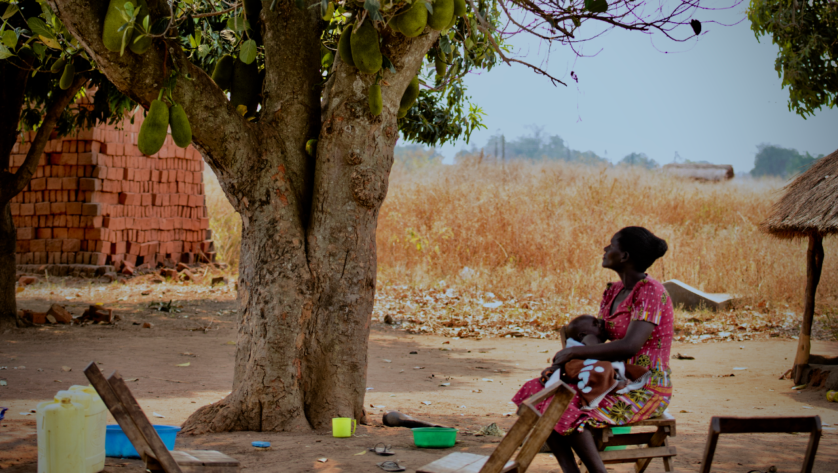The group takes the presentation in stride but still find ways to express some sort of conspiracy theory. “You want to know the truth?” says one young man about 30 years of age. “I think the virus is real, but there is somebody behind all of this.”
Encarnacion and Sass say such feelings are common. Since the beginning of September, the Catalan branch of the Spanish Red Cross has observed nearly 115,000 young people. Of those roughly half were wearing their masks correctly. The teams in Barcelona and all around in Catalonia have distributed roughly 70,000 masks.
Slowly the team is beginning to see changes. Information worker Najim Rahouti Allouh, 22 recalls speaking with a teenager who was about 18 years old in the city’s Gracia neighborhood. “They were acting like the entire thing was a joke,” he said.
Two weeks later, Rhjouti Allouh ran into the same group at one of Barcelona’s beaches. “When I saw them, they had their masks on,” he said. One of the boys explained. “I spoke to my mom. I realized that it was so important to be able to protect my grandmother. I can get something and give it to her.”
 Red Cross Red Crescent magazine
Red Cross Red Crescent magazine 
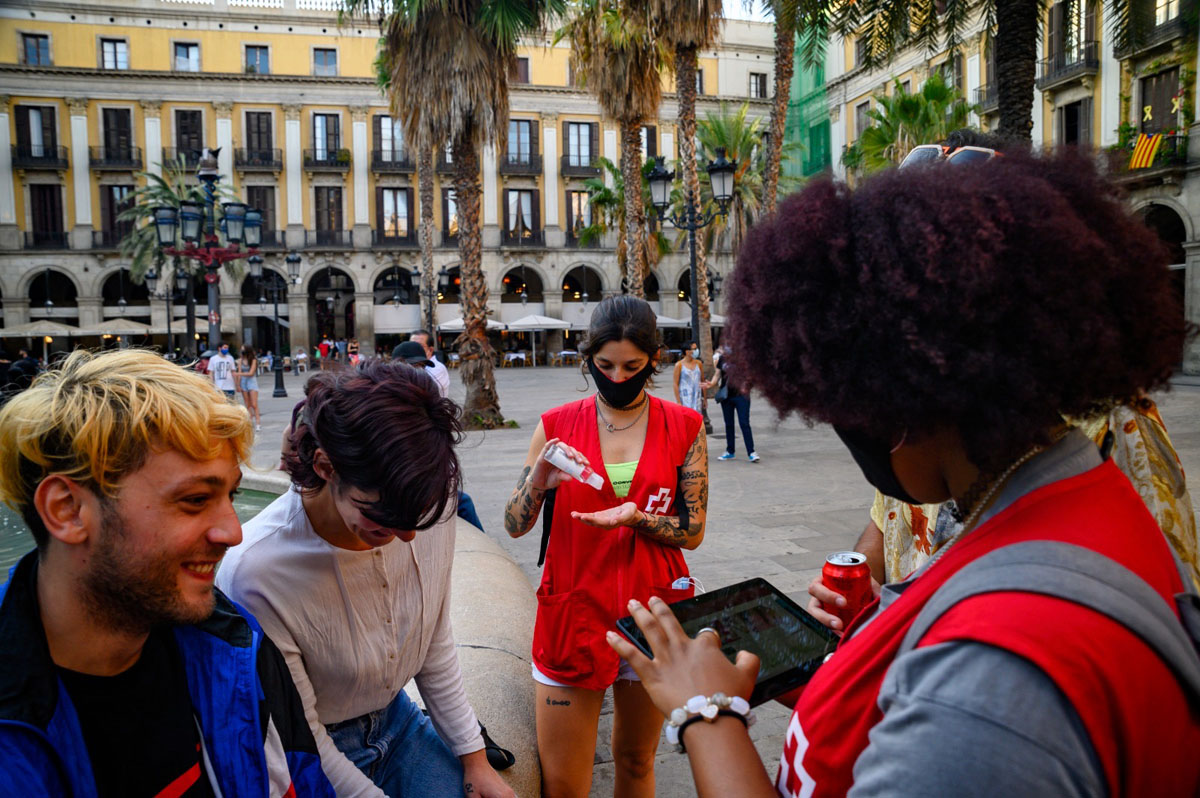
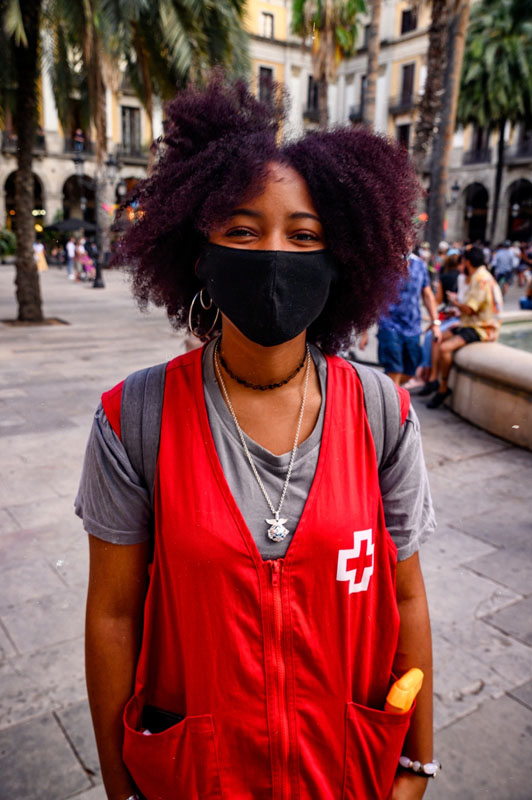
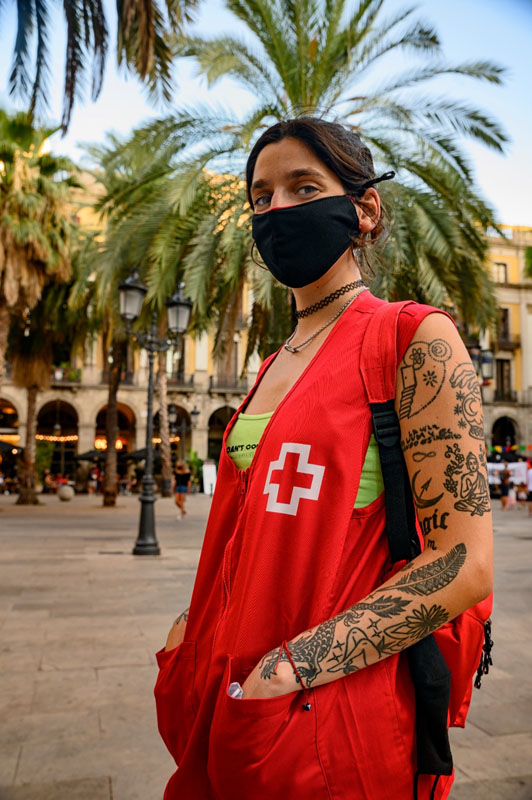
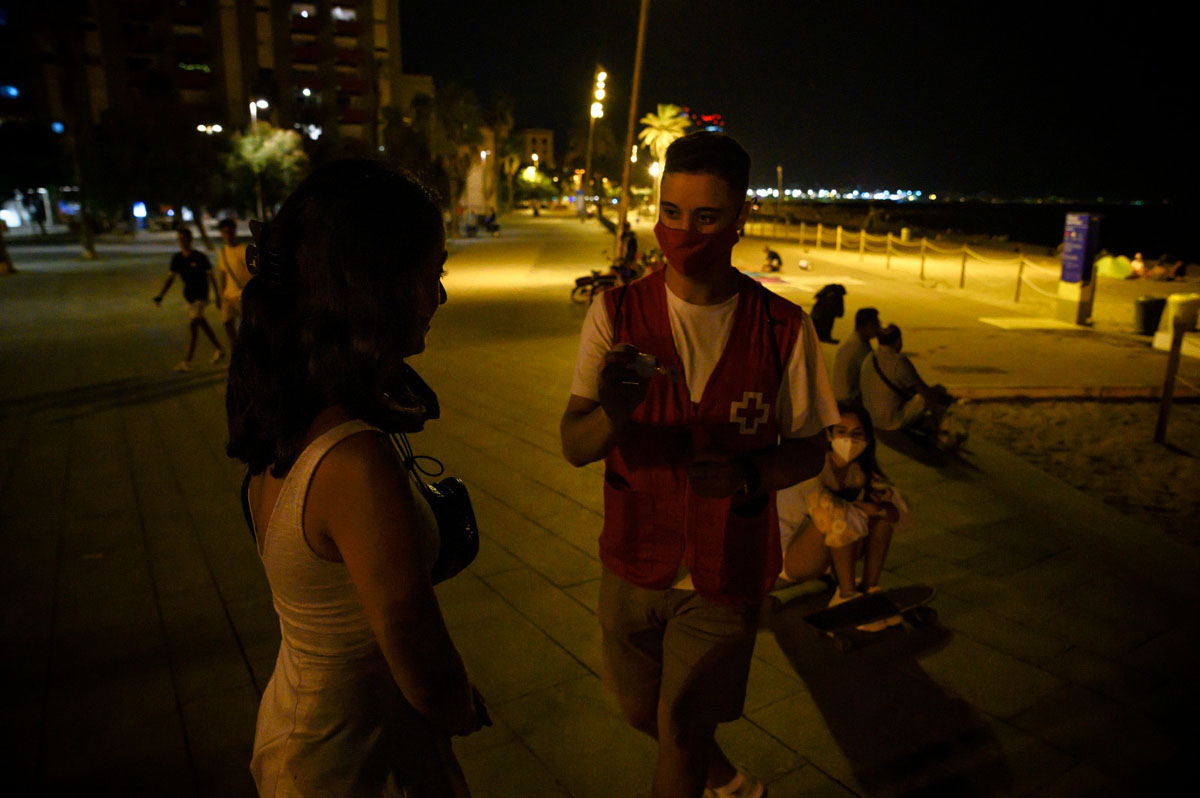
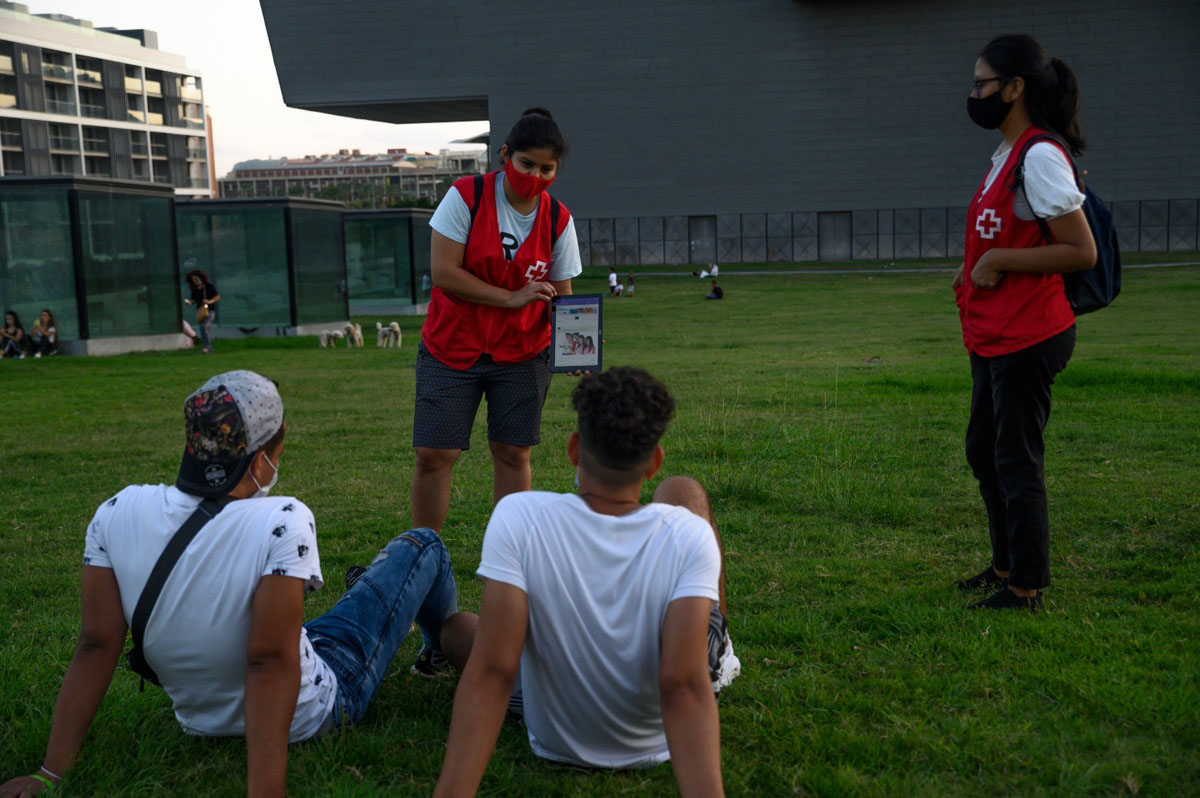
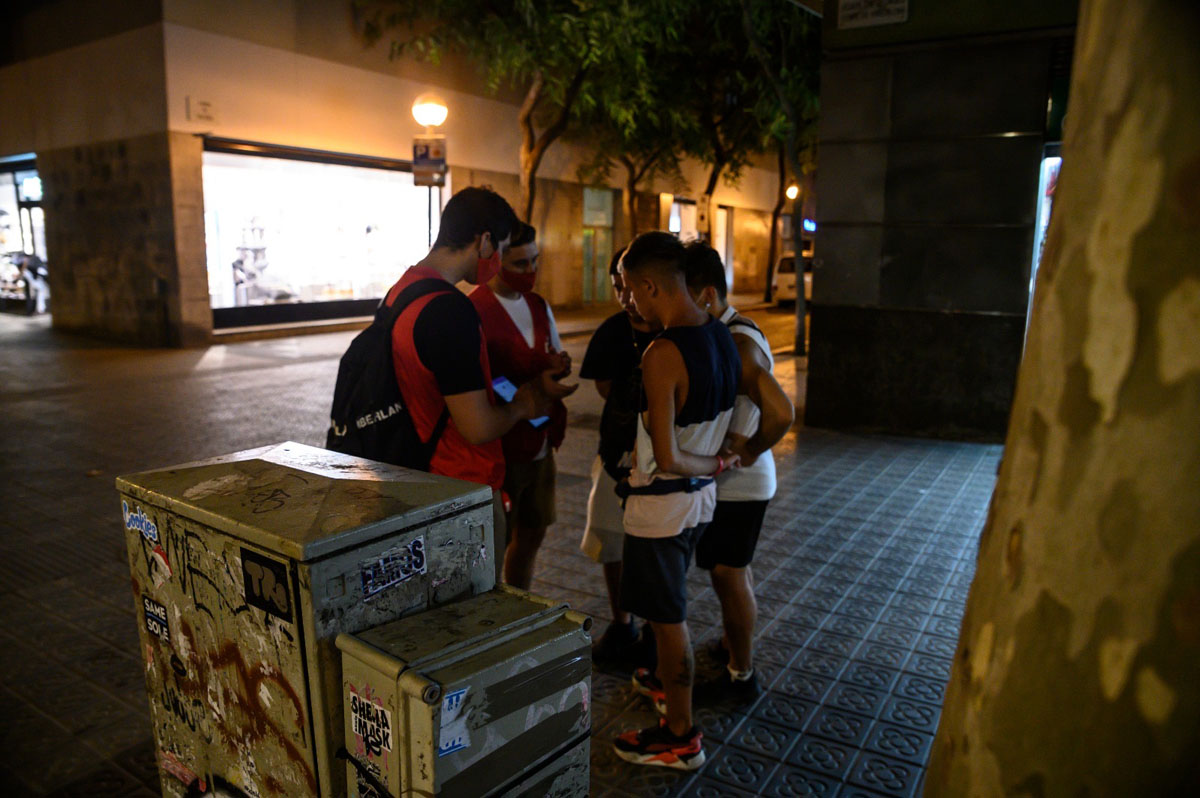






 Tech & Innovation
Tech & Innovation Climate Change
Climate Change Volunteers
Volunteers Migration
Migration